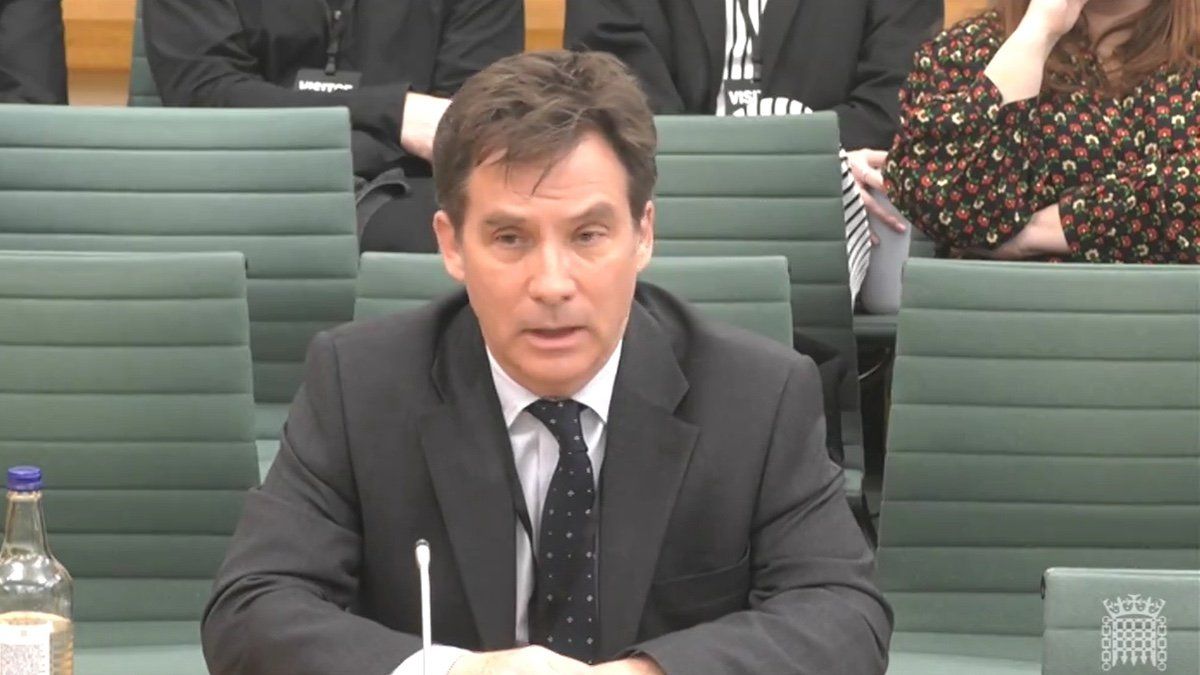British director James Hawes recently testified to Parliament’s Culture, Media and Sport committee that AI might be able to make realistic soap operas within three to five years. That number comes from Hawes’ own polling of visual effects professionals in the film industry and lawyers advising the Hollywood screenwriters union in its negotiations with major studios this summer.
Meanwhile, across the Atlantic, Hollywood director Tyler Perry has reportedly put his studio expansion on hold citing concerns about AI video generators taking hold and disrupting the filmmaking industry. He said he’s reconsidering a plan to pour $800 million into his Atlanta, Georgia studio after seeing OpenAI’s Sora video generator, which is yet to be released to the public.
Perry said in an interview with the Hollywood Reporter that AI technology might eliminate the need for him to shoot on location, if he’s instead able to simulate scenes convincingly through text generation. Of course, he’s worried about the human toll: “I immediately started thinking of everyone in the industry who would be affected by this, including actors and grip and electric and transportation and sound and editors, and looking at this, I’m thinking this will touch every corner of our industry.”
